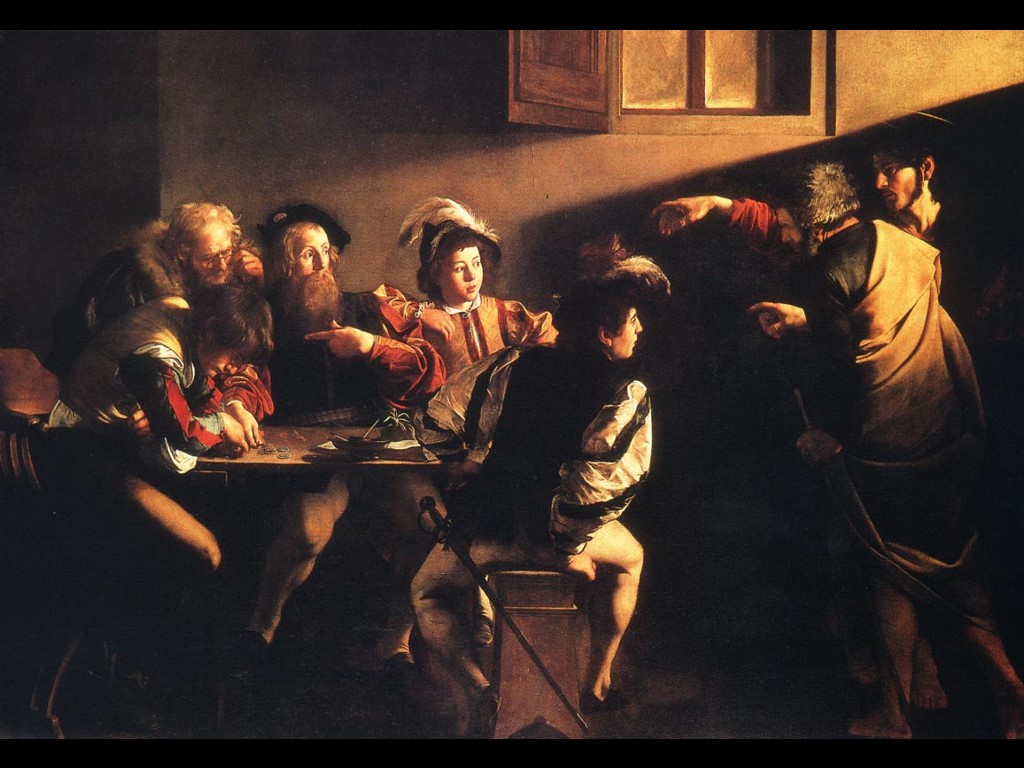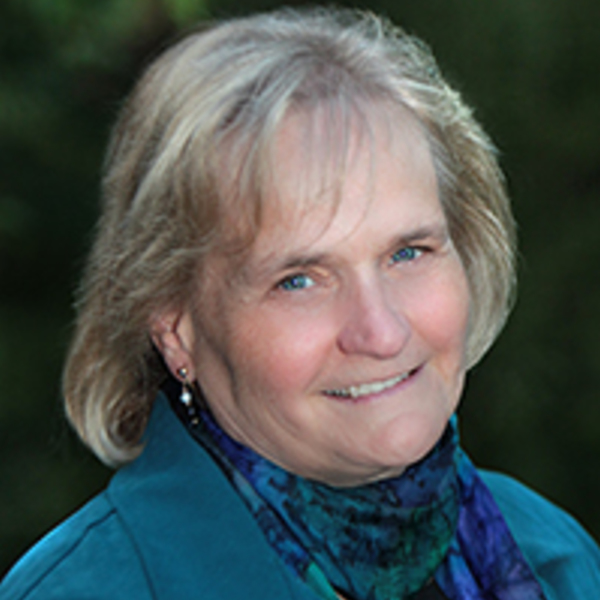Reading: Ephesians 4:1-7, 11-13Brothers and sisters,
I, a prisoner for the Lord,
Urge you to live in a manner worthy of the call you have received
With all humility and gentleness, with patience,
Bearing with one another through love,
Striving to preserve the unity of the Spirit
Through the bond of peace:
One Body and one Spirit,
As you were also called to the one hope of your call:
One Lord, one faith, one baptism;
One God and Father of all,
Who is over all and through all and in all.
But grace was given to each of us
According to the measure of the Christ’s gift.
And he gave some as Apostles, others as prophets,
Others as evangelists, others as pastors and teachers
To equip the holy ones for the work of ministry,
For building up that Body of Christ
Until we all attain to the unity of faith
And knowledge of the Son of God, to mature manhood,
To the extent of the full stature of Christ.
And he gave some as Apostles, prophets, evangelist, pastors, and teachers: which one are you? What’s your role in building up the kingdom of God?
Today is the feast of St. Matthew. We name him apostle. We name him evangelist.
But did he name himself apostle and evangelist?
When he was fifteen years old, putting his mind to learning Greek and numbers and accounting, he apprenticed to be named “tax collector.”
Not only that, but from what the gospel of Matthew tells us, he was not only a tax collector, but a collector of tax collectors, for when he invited Jesus to dinner, it was to dine with other tax collectors. They hung together as lepers hung together, for they too were the unwanted of Jewish society. “Tax collector” was not a label Jewish children aspired to.
We know nothing about early Matthew other than what we get from his various name tags. Was there more to him than that?
This reading from Ephesians is one generation removed from St. Paul’s lists of charisms bestowed by the Spirit on individuals. The church has matured into an organization. Thus the labels in this letter to the Ephesians are institutional name tags. So Matthew comes to us as apostle and evangelist.
In the opening question, what about you? Which one did you pick? Are you a prophet? A teacher? An evangelist? How do you label yourself?
The hunger for labels is huge in Western culture. As we lose our family and community bonds, we are on a search for identity and belonging. At Starbucks, are you a Grande-White-chocolate-mocha person or a tall Tevana tango tea lemonade sort? Are you a vegan, gluten-free, or paleo person? Do you drive a Honda, a Miata, a Toyota? Are you an Ohio State football fan, a Chicago Cubs baseball fan, or a Real Madrid C.F. soccer fan? Even in the Church, Catholics divide into Benedict, Francis, and JP II loyalists; evangelicals may break between Joel Osteen, Joyce Meyer and Rick Warren.
Targeted marketing has crept its way into how we see ourselves and our neighbors. We buy into categorization and classification. How do you label yourself?
I wonder if St. Matthew ever grew tired of his label – that constricting name tag “tax collector.” Was he more than that? Did he ever look back to a time of innocence when he hadn’t been labeled? Did he ever look back to a time before he became aware that his parents saw him as “smart” and “good with numbers?” Did he ever look back to a time before he knew that he had to make enough money to support his mother? We don’t know his personality or his inner narrative. Was he ever ready to break out into playfulness? Had he heard the whisper of the Spirit in the dark? Had he sensed a waft of love on the wind in the moonlight?
Whatever his experience, when the gaze of Jesus focused on him, that nametag fell to the ground. He did not reach down to pick it back up. Jesus was without labels. He didn’t see a “tax collector.” He saw the man. When Jesus’ fixed his eyes on him, Matthew knew that he was loved and he was wanted. He arose and left all that he had and followed the Carpenter from Nazareth.
Have you ever had a moment like that?
It may come as a touch, as a fire in the heart, as a moment of clarity that changes everything. It may come in a muddle and a fumbling around and vague sense that there is something more here than meets the eye. In that fraction of a second when we receive that gaze and hear that call, we are never again the same. We sing with the Psalmist, “You have loosed my bonds; you have delivered me from bondage; my mouth is filled with laughter.” That call may make no sense: you may hear: “why would you dedicate yourself to that?” or “That’s awfully backward and simplistic.” Or “Why would a man or woman of your intelligence waste your time and energy on that ‘Jesus’ stuff?”
In the thick of that call, God is not simply one more category to pick from, as though choosing a drink from a vast array of other equally worthy options. The hope of our call is to belong to One Lord, one faith, One God and Father of all, who is over all and through all and in all. God is God.
Thus all of the other nametags fall to the ground. And we don’t pick them back up.
For human personhood transcends human categorization.
I suspect that you may already know this. But in the press of modern life, it’s easy to lose sight of those moments when Jesus has touched you, when Jesus has touched me. It’s easy to forget who we belong to. Your life and mine are more than what is written on a name tag at a conference. You and I are more than any pigeonholing that is put upon us by others. You are more than any naming that you have put upon yourself.
It’s easy to forget where our identity lies. Yet the nametag that remains is scribbled by a heavenly hand and says “Child of God.”
What’s our role in building up the kingdom? As we are equipped for ministry and we grow into the full stature of Christ, we work for the labels of “Unworthy” and “Unwanted” and “Worthless” to fall to the ground and be left there. We see each person, whether rich or poor, exalted in the world’s eyes or worth little, with the nametag, “Child of God.” Thus we labor for each to be granted the dignity due to God’s children.
We look forward to a time when division will cease and earthly labels will be stomped under foot and matter no more. In the meantime, St. Matthew, fellow child of God, pray for us.

